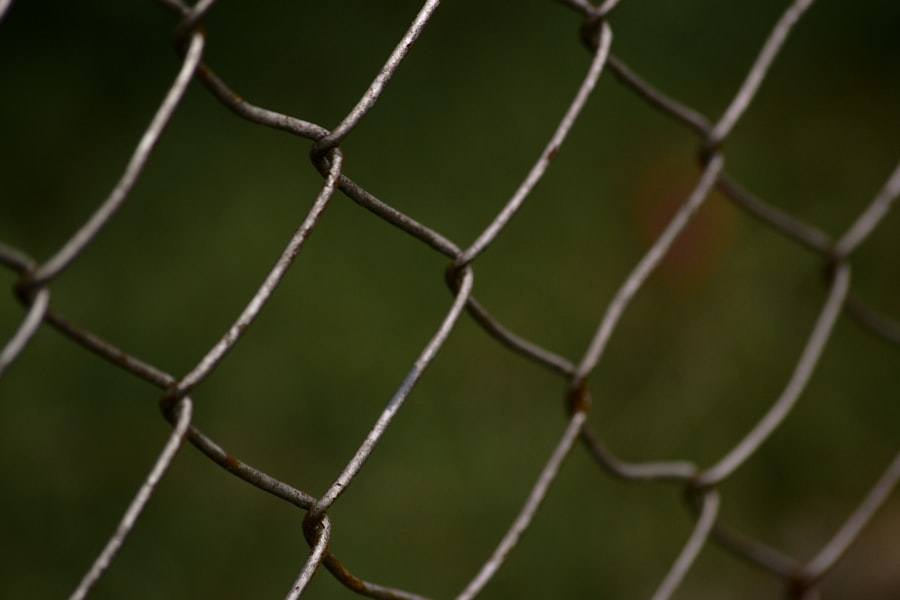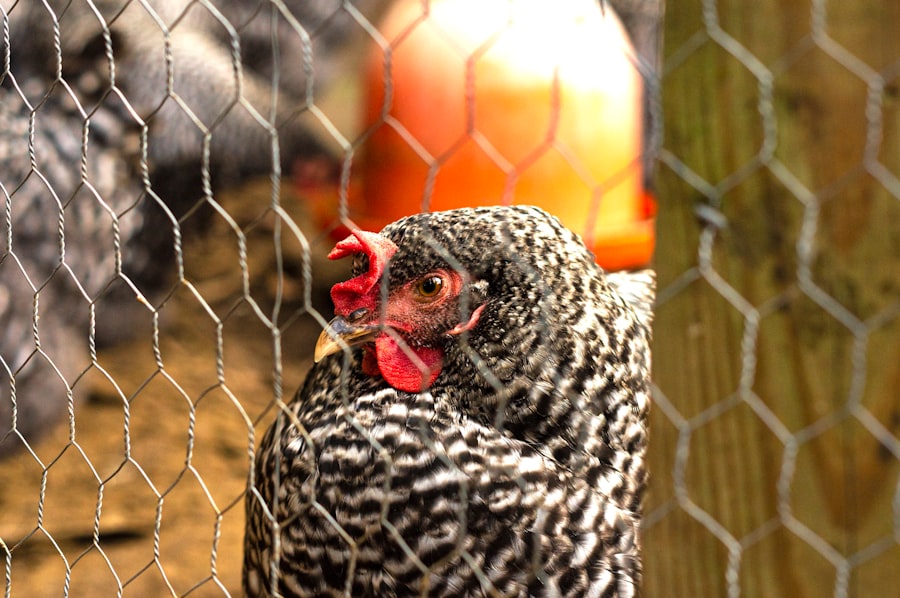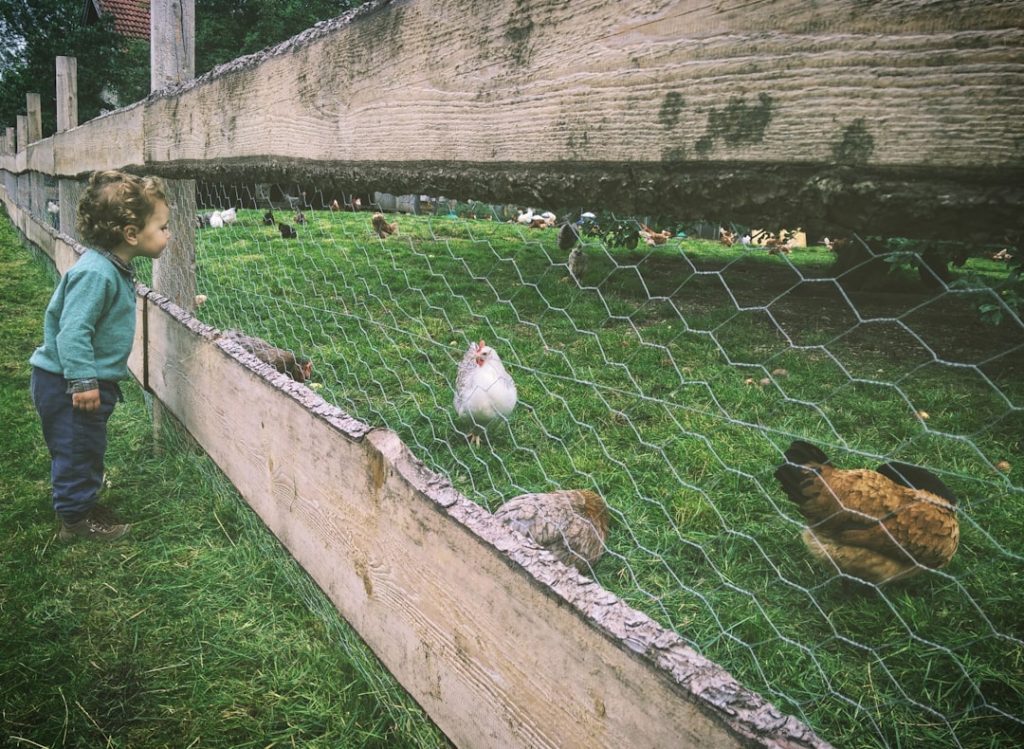Chickens on roadways present significant safety hazards for both the animals and motorists. When allowed to roam freely, chickens may inadvertently enter traffic areas, risking injury or death for themselves and potentially causing accidents for drivers. Chickens lack the cognitive ability to comprehend the dangers associated with vehicular traffic, making them particularly vulnerable in these situations.
Their presence on roads can also lead to traffic disruptions and delays, potentially causing additional safety risks for drivers. The environmental impact of chickens on roads is another concern. Wandering chickens may disrupt local ecosystems by competing with native wildlife for resources and altering natural habitats.
They can also contribute to pollution through waste and debris left in public areas. These factors can have negative consequences for the balance of local flora and fauna. It is essential for chicken owners to recognize these risks and take appropriate measures to ensure their birds remain safely contained within designated areas.
Proper fencing, secure coops, and supervised outdoor time can help mitigate the dangers associated with chickens on roads while also protecting local ecosystems.
Table of Contents
- 1 Creating a Safe and Secure Chicken Coop
- 2 Implementing Physical Barriers to Keep Chickens on Your Property
- 3 Providing Adequate Food and Water to Keep Chickens Content
- 4 Using Deterrents to Keep Chickens Away from the Road
- 5 Training and Supervising Your Chickens to Stay on Your Property
- 6 Seeking Professional Help if Necessary
- 7 FAQs
Key Takeaways
- Chickens on the road pose a danger to themselves and drivers
- A secure chicken coop is essential for keeping chickens safe
- Physical barriers like fences can help keep chickens on your property
- Providing adequate food and water is crucial for keeping chickens content
- Deterrents like motion-activated sprinklers can help keep chickens away from the road
- Training and supervision are important for keeping chickens on your property
- Seek professional help if you are unable to keep your chickens safe on your own
Creating a Safe and Secure Chicken Coop
Providing a Comfortable and Secure Environment
One of the most effective ways to keep chickens off the road is by providing them with a safe and secure coop. A well-built coop can provide chickens with a comfortable and secure environment, reducing their desire to wander onto the road. When building a chicken coop, it is important to ensure that it is sturdy and predator-proof to keep chickens safe from potential threats.
Designing a Spacious and Healthy Coop
The coop should be spacious enough to allow chickens to move around freely and engage in natural behaviors such as scratching and dust bathing. Providing a comfortable and secure coop for chickens can help prevent them from wandering onto the road and ensure their safety and well-being.
Maintenance and Cleaning for a Healthy Environment
In addition to providing a safe and secure coop, it is also important to regularly maintain and clean the coop to ensure a healthy environment for the chickens. Regular cleaning can help prevent the buildup of waste and bacteria, reducing the risk of disease and illness among the flock. It is also important to provide adequate ventilation and natural light in the coop to promote good air quality and overall well-being for the chickens.
Ensuring the Health and Safety of Chickens
By creating a safe and secure coop for chickens, owners can help prevent them from wandering onto the road and ensure their health and safety.
Implementing Physical Barriers to Keep Chickens on Your Property

Implementing physical barriers around your property can be an effective way to keep chickens from wandering onto the road. Fencing is one of the most common physical barriers used to contain chickens within a specific area. When choosing a fence for your property, it is important to select a sturdy and secure option that is tall enough to prevent chickens from flying over or escaping underneath.
Additionally, it is important to regularly inspect and maintain the fence to ensure that it remains intact and effective in keeping chickens contained. In addition to fencing, other physical barriers such as hedges or shrubs can also be used to create a boundary around the property and prevent chickens from wandering onto the road. Another effective physical barrier to consider is the use of chicken wire or netting around specific areas of the property where chickens are likely to roam.
This can help create designated areas for the chickens to explore while preventing them from accessing areas near the road. By implementing physical barriers around your property, you can help keep your chickens safe and secure within their designated space and reduce the risk of them wandering onto the road.
Providing Adequate Food and Water to Keep Chickens Content
Providing adequate food and water for your chickens is essential in keeping them content and reducing their desire to wander onto the road in search of resources. It is important to provide a balanced diet for your chickens that includes a mix of grains, seeds, fruits, vegetables, and protein sources such as insects or mealworms. Additionally, it is important to ensure that chickens have access to fresh water at all times to keep them hydrated and healthy.
By providing a nutritious diet and access to clean water, you can help keep your chickens content and reduce their motivation to venture onto the road in search of food and water. In addition to providing food and water, it is also important to regularly monitor your chickens’ health and behavior to ensure that their nutritional needs are being met. Observing changes in appetite, weight, or behavior can help identify any potential issues with their diet or overall well-being.
It is also important to provide adequate shelter and shade for your chickens, especially during extreme weather conditions, to ensure their comfort and well-being. By providing adequate food, water, and shelter for your chickens, you can help keep them content and reduce their likelihood of wandering onto the road.
Using Deterrents to Keep Chickens Away from the Road
Using deterrents can be an effective way to keep chickens away from the road and discourage them from venturing into potentially dangerous areas. One common deterrent is the use of motion-activated sprinklers or sound devices that can startle chickens when they approach certain areas near the road. This can help create a negative association with those areas, reducing their desire to wander into them.
Additionally, visual deterrents such as scarecrows or reflective objects can also be used to create a sense of unease for chickens and discourage them from approaching certain areas near the road. Another effective deterrent is the use of natural repellents such as citrus peels or strong-smelling herbs that can be placed around specific areas of the property where chickens are likely to roam. The strong scents can help deter chickens from approaching those areas, reducing their likelihood of wandering onto the road.
By using deterrents strategically around your property, you can help keep your chickens away from potentially dangerous areas near the road.
Training and Supervising Your Chickens to Stay on Your Property

Establishing Boundaries and Routines
Spending quality time with your chickens and establishing a daily routine can help them understand where they are allowed to roam on your property. By using positive reinforcement such as treats or praise when they stay within designated areas, you can reinforce good behavior and reduce their desire to wander onto the road.
Supervising and Communicating Boundaries
Supervising your chickens while they are outside can help prevent them from straying into potentially dangerous areas near the road. Visual or auditory cues such as whistles or hand signals can be used to communicate boundaries with them. Consistently using these cues during outdoor time can help reinforce where they are allowed to roam on your property.
Consistency and Patience are Key
It is essential to be patient and consistent when training your chickens, as it may take time for them to understand and follow these boundaries. By training and supervising your chickens, you can help keep them safe on your property and reduce their likelihood of wandering onto the road.
Seeking Professional Help if Necessary
If you are struggling to keep your chickens off the road despite implementing various strategies, it may be necessary to seek professional help from a veterinarian or animal behaviorist. A veterinarian can assess your chickens’ health and well-being to ensure that there are no underlying medical issues contributing to their behavior. They can also provide guidance on proper nutrition, housing, and overall care for your chickens.
An animal behaviorist can help identify any behavioral issues that may be causing your chickens to wander onto the road and provide guidance on training techniques or environmental modifications that can help address these issues. In some cases, it may also be necessary to seek assistance from local animal control or wildlife authorities if you are dealing with persistent issues related to wild animals or predators that may be attracting your chickens towards the road. These professionals can provide guidance on how to manage potential threats in your area and implement additional measures to keep your chickens safe on your property.
By seeking professional help when necessary, you can ensure that you are taking all necessary steps to keep your chickens secure and prevent them from wandering onto the road. In conclusion, understanding the dangers of allowing chickens to roam freely onto the road is crucial for both their safety and that of drivers. Creating a safe and secure chicken coop, implementing physical barriers, providing adequate food and water, using deterrents, training and supervising your chickens, as well as seeking professional help if necessary are all essential strategies for keeping chickens off the road.
By taking proactive measures and being attentive to their needs, chicken owners can ensure that their flock remains safe, secure, and content within their designated space on their property.
If you’re looking for tips on how to keep chickens off the road, you might also be interested in learning about the mating season for turkeys. Understanding the behavior of different poultry can help you better manage their movements and keep them safe. Check out this article on mating season for turkeys to learn more about the habits of these birds.
FAQs
What are the risks of chickens being on the road?
Chickens on the road pose a risk of being hit by vehicles, causing accidents and potential harm to both the chickens and drivers.
Why do chickens go on the road?
Chickens may wander onto the road in search of food, to explore new areas, or to follow a flock member.
How can I keep chickens off the road?
To keep chickens off the road, ensure they have a secure and spacious coop, provide them with enough food and water, and regularly check for any gaps or openings in fencing that may allow them to escape.
Are there any legal implications of chickens being on the road?
In many areas, there are laws and regulations regarding livestock and animals on the road. It is important to check with local authorities to understand the legal implications and responsibilities of keeping chickens off the road.
What are some deterrents for keeping chickens off the road?
Deterrents for keeping chickens off the road include using physical barriers such as fencing, installing motion-activated sprinklers, and using noise deterrents such as clappers or alarms.
Meet Walter, the feathered-friend fanatic of Florida! Nestled in the sunshine state, Walter struts through life with his feathered companions, clucking his way to happiness. With a coop that’s fancier than a five-star hotel, he’s the Don Juan of the chicken world. When he’s not teaching his hens to do the cha-cha, you’ll find him in a heated debate with his prized rooster, Sir Clucks-a-Lot. Walter’s poultry passion is no yolk; he’s the sunny-side-up guy you never knew you needed in your flock of friends!







